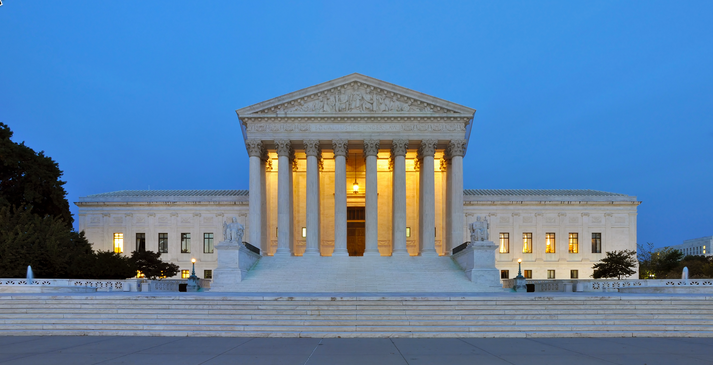Scrutinizing the avuncular sphinx Chief Justice John Roberts throughout the impeachment trial of President Trump, I kept wondering whether he will preserve or ransack the legacy of the framers we revere — framers like the Republican Betty Babcock and the Democrat Dorothy Eck. It’s the question on all Americans’ minds: Do Mr. Roberts and his eight co-workers fully appreciate the public-spirited grandeur of the winter of 1971-72, when 100 Montanans, including housewives, ministers, a veterinarian and a beekeeper, gathered at the state capital, Helena, for the constitutional convention, affectionately nicknamed the “Con Con”?
The question haunts the current Supreme Court case Espinoza v. Montana Department of Revenue. This newspaper has called the dispute over whether state tax credits can apply to donations for scholarships to private religious schools “a proxy battle over school choice.” However, the back story is so clumsily specific to Montana’s small population and immense geography that the case doesn’t entirely translate to states where people outnumber cows.
The novelist Ivan Doig wrote that in the scruffy Montana of yore, “when you met up with someone apt to give you trouble from his knuckles, the automatic evaluation was ‘too much Butte in him.’” When, as the grateful graduate of a Montana public school, I was determining whether I had a duty to stick up for the Con Con framers regarding the Espinoza case, I spotted a sequence in the web address of an article about it in The Atlantic that read “montana-bigoted-laws.” At that moment this Bozeman girl had too much Butte in her. Dorothy Eck wrote no “bigoted” anti-Christian laws — she was a blatant Methodist!
Before it ended up at the Supreme Court, the Espinoza ruckus started with a $150 tax credit. Montanans will make an appellate-level stink about chump change because that’s the only available change. The tiny tax base is basically eight coal miners, a couple of ski lift operators, that family in Belgrade making organic goat cheese and Huey Lewis.
Kendra Espinoza counted on scholarships to help pay for her daughters’ tuition at Stillwater Christian, a private school in Kalispell. No wonder. At up to $8,620 per year, ninth grade is more than $1,000 higher than undergraduate tuition at the University of Montana. What we called a “band room” at Bozeman High, Stillwater considers a “conservatory.”




